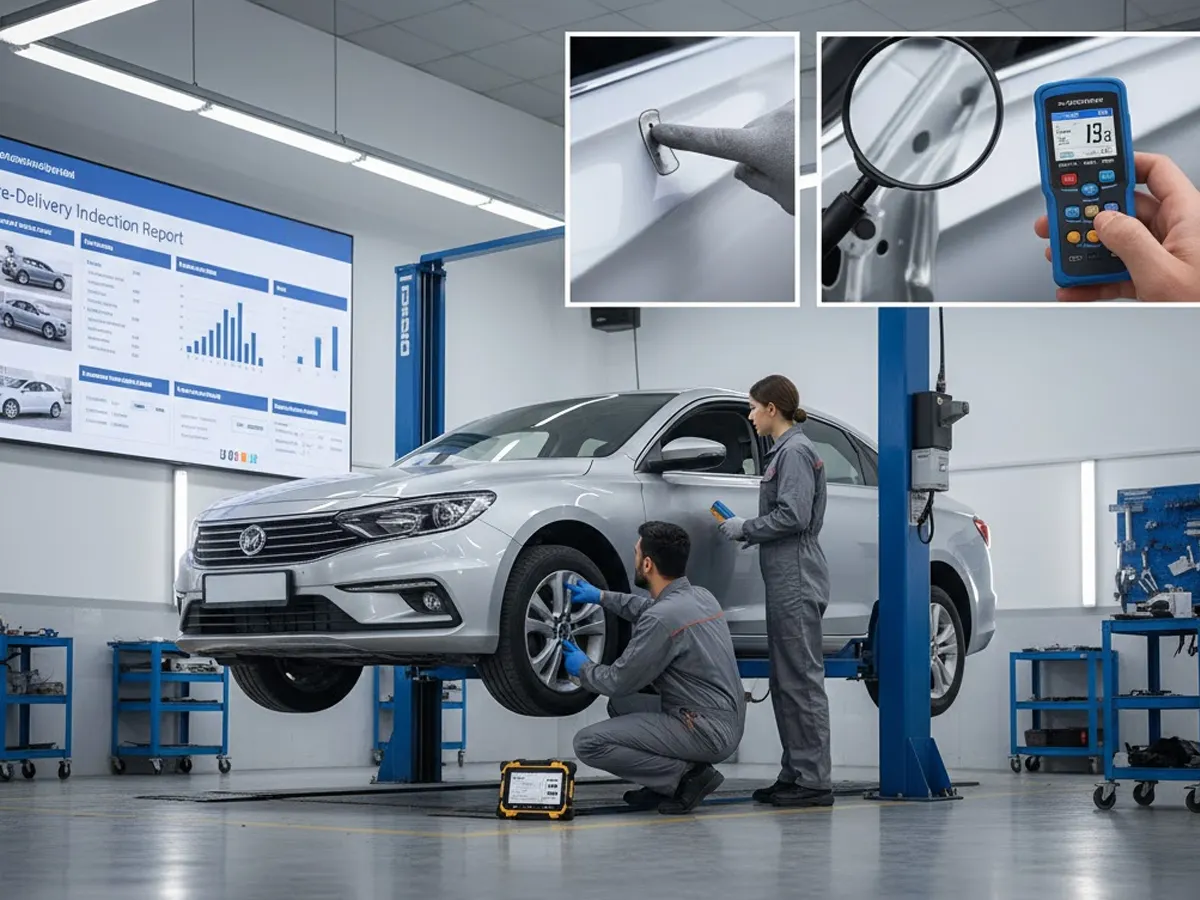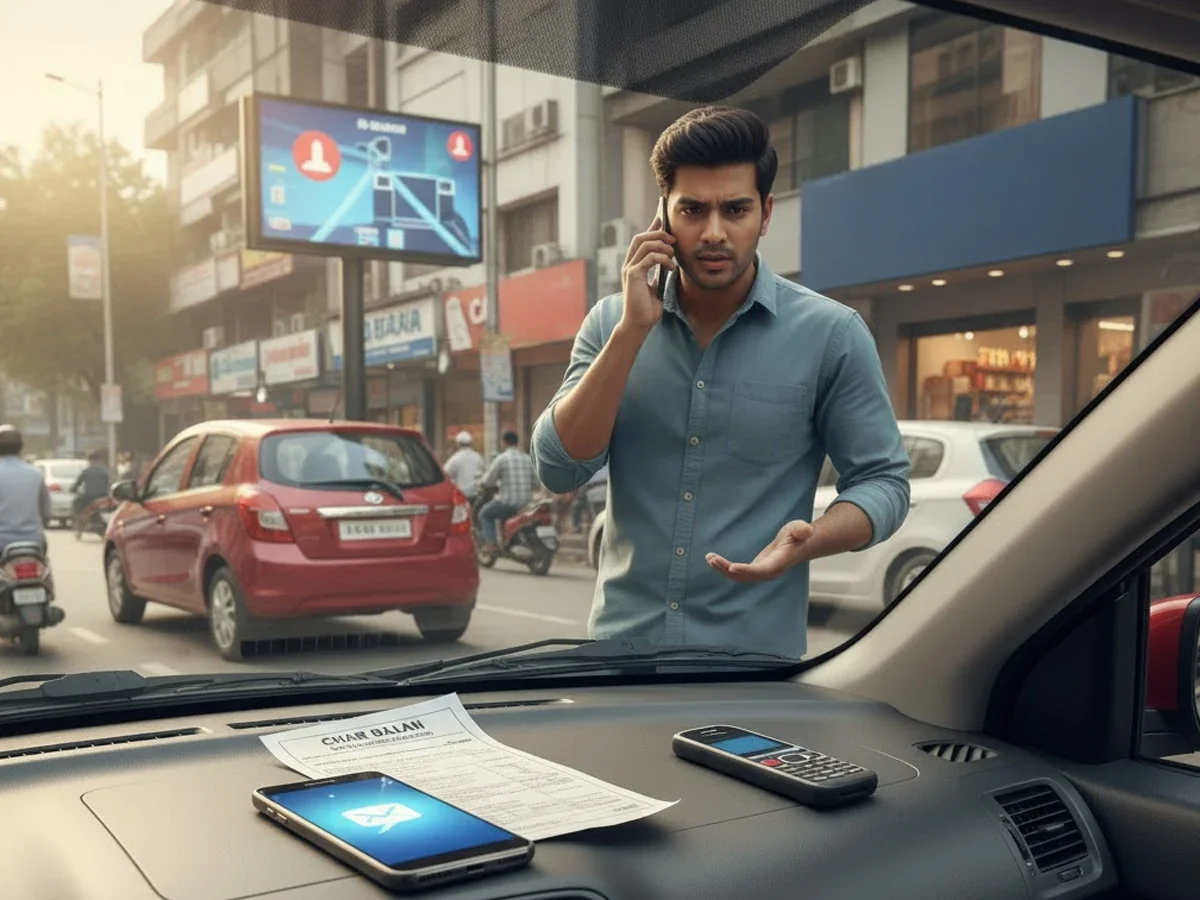

Top 5 Buyer Red Flags Most Private Sellers Miss and How to Avoid Them
- 1Spot common car buyer red flags early in the process
- 2Learn how to avoid and handle common car buying mistakes with confidence
- 3Keep your private car sale secure and hassle-free
Selling a car privately is a double-edged sword; while it can unlock a lucrative deal for your car, there are also high chances of encountering low ballers, unserious buyers, and even people trying to trick you into scams or selling the car for a bargain.
Therefore, it’s extremely important to see the warning signs early on, otherwise, you could possibly incur a loss or end up wasting time. If you know the car buyer red flags, you can spot possible risks and complete the sale safely.
Identifying Car Buyer Red Flags and Managing a Private Car Sale
If you have decided to sell your used car, it’s important to note that even when a potential buyer seems enthusiastic, their behaviour and requests can reveal hidden intentions.
Unrealistic Price Negotiations
Negotiations in a direct sale are given. Buyers would try their best to get your car at the lowest price. However, if a buyer offers a price far below market value or pushes aggressively for a discount, consider it as one of the major car buying red flags. Yes, it's normal to negotiate during a sale, but an offer that is way too low or forceful is often a sign that the buyer isn't serious or is trying to take advantage of your urgency to sell.
A tactic that few buyers use to justify their offer is to point out small imperfections or compare your car to listings of older or lower-quality cars that are cheaper. If you’re eager to finalise the sale, these tactics can make you doubt the real value of your car. This is why getting a realistic price from a reputable used car valuation tool should be one of your key priorities
How to Handle It:
- Before listing your car, research the market value with credible sources.
- Stick with your price if it matches the market standards.
- Be open to reasonable offers, but never accept an unreasonable or overly aggressive offer.
- All price discussions should be professional and in written form (if possible).
Excessive Demands for Evidence or Records
As a seller, it’s your responsibility to present complete and up-to-date documentation of your vehicle in front of the buyer. However, politely deny any unreasonable documentation or unnecessary evidence requests, as they may be stalling the deal or fishing for personal information. For example, when a buyer is demanding multiple copies of the vehicle registration certificate, unnecessary photographs, or unrelated records such as old insurance policies or previous owner history, it can be a data collection tactic, not just due diligence.
Some buyers even use such tactics to question your car’s legitimacy or pressure you into lowering the price. To stay in control, make sure you understand which documents are actually required, such as the RC, service history, and proof of insurance. This approach helps keep the sale transparent while protecting your privacy.
How to Handle It:
- Provide only the standard documents that are required to make a private sale.
- Avoid sharing unnecessary personal details like full address until legally required.
- Prefer showing physical documents during an in-person inspection, instead of sending them electronically.
- Refer buyers to resources such as a PDI checklist, to verify the standards of inspections without excessive disclosure of personal data.
Conditional Requests at the Last Minute
Buyers who suddenly introduce new conditions right before closing the deal are showing one of the most common car buyer red flags. They may demand a re-inspection, last-minute price reduction or even special delivery arrangements once the terms have been settled. This behaviour may signify that they are uncertain, disorganised or seeking leverage to renegotiate.
If this happens, stay calm and firm. Politely remind the buyer of the agreed terms and avoid making sudden changes that could disadvantage you. A professional and steady response helps you protect both your time and the fairness of the deal.
How to Handle It:
- Be upfront with what you want by putting it down on paper.
- Do not accept any last-minute adjustments that will alter the agreed value or terms.
- Remind the buyer in a polite but firm manner of the original agreement.
- In case they demand further checks, ask them to arrange their own inspection earlier in the process.
Overly Sceptical Behaviour
Caution from a buyer is normal, but excessive suspicion about each detail of your car might be a warning signal. For example, if a buyer repeatedly questions the legitimacy of documents, doubts confirmed inspection reports or implies dishonesty without a justifiable reason. This can be seen as a lack of trust or an intention to take advantage of the negotiation.
Such scepticism may result in endless delays or even post-sale conflicts. Customers who would question everything from your car mileage to service history may be preparing to push your price down or withdraw at the last minute.
How to Handle It:
- Stay calm and professional, avoid defensive reactions.
- Reassure them with verifiable details such as a used car PDI report or service records.
- If they remain excessively doubtful, end the negotiation respectfully and move on to another buyer.
Inconsistent or Unreliable Communication
A buyer who frequently cancels meetings, delays responses, or sends unclear information can easily disrupt a smooth transaction. Poor communication often signals disinterest, disorganisation, or potential dishonesty.
In private sales, reliable communication is essential for scheduling test drives, confirming payment details, and maintaining trust. When a buyer keeps disappearing or changing their story, it’s usually best to move on before misunderstandings or scams arise.
How to Handle It:
- Set clear communication boundaries early in the process.
- Use one reliable communication channel and avoid sharing personal social accounts.
- Confirm appointments and agreements in writing.
- If a buyer repeatedly fails to respond or follow through, prioritise other potential buyers.
Conclusion
Recognising car buyer red flags early protects your time, money, and peace of mind. Not every buyer with questions or concerns has bad intentions, but persistent warning behaviours such as unrealistic offers, inconsistent communication, or unnecessary document requests should never be ignored.
By approaching each sale professionally, setting boundaries, and using verified inspection and valuation resources, you can manage negotiations confidently and reduce risks. The goal is to sell your vehicle efficiently while ensuring that the transaction remains fair, transparent, and secure.




























